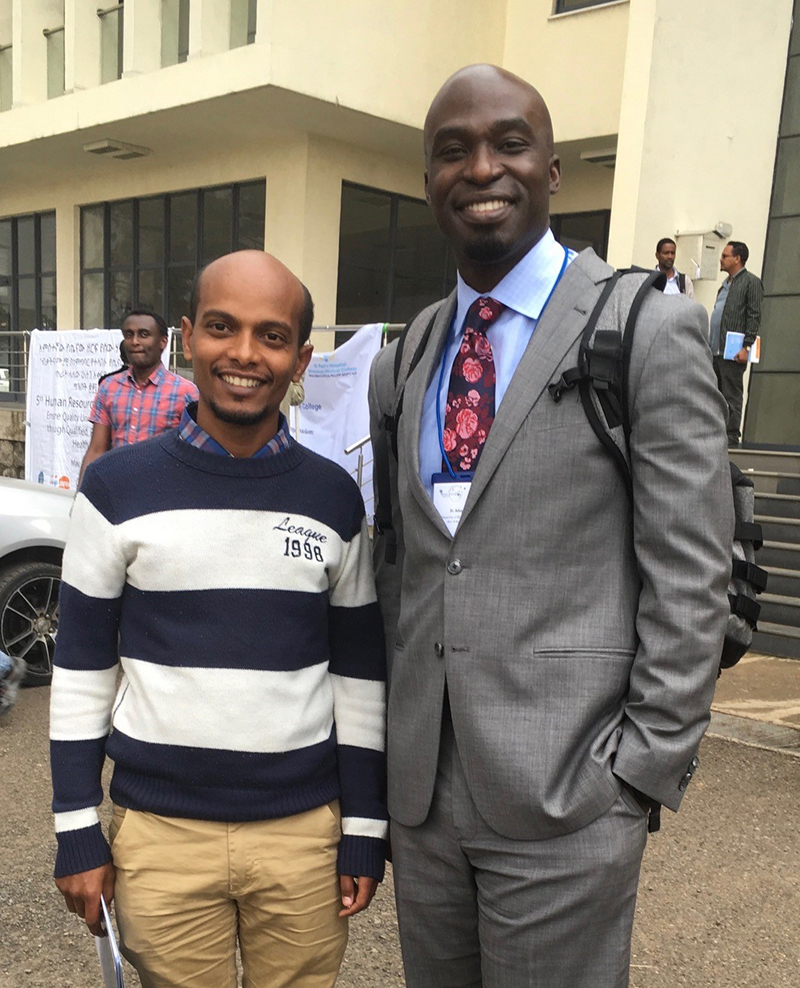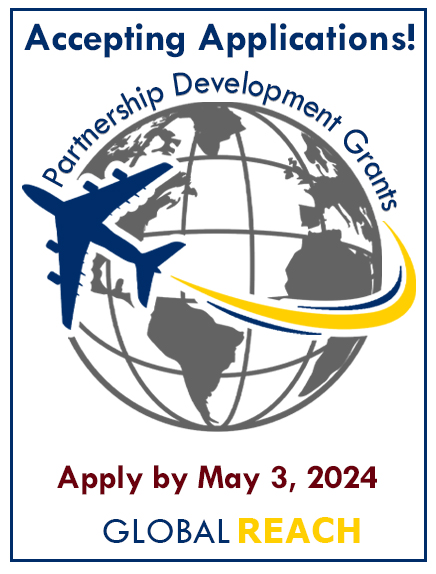
Clinical Professor of Surgery Adeyiza Momoh is the recipient of a recent Global REACH seed grant to partner with colleagues at St. Paul’s Hospital Millennium Medical College to study the potential impact of breast reconstruction services.
The project expands on similar work Dr. Momoh is already leading in Ghana and could make meaningful impacts for women facing a cancer diagnosis in sub-Saharan Africa, both in terms of treatment decisions and post-treatment quality of life. Late-stage diagnosis is common on the continent, and many women must undergo—or opt to forgo—mastectomy as a treatment option.
“Breast reconstruction in Ethiopia and in many parts of sub-Saharan Africa is close to nonexistent,” said Momoh, MD. “From research in the United States and some of our work in sub-Saharan Africa, we know that there are psychosocial downsides to undergoing a mastectomy on its own, whereas with reconstruction, there is a potential for quality of life to approach pre-mastectomy levels. Unfortunately, reconstruction is available to very few African women in these settings.”
Global REACH is currently accepting Partnership Development Grant proposals.
Applications are due May 3, 2024.
Momoh was awarded a $10,000 Partnership Development Grant to work with St. Paul’s Hospital Plastic and Reconstructive Surgeon Abeje Brhanu on the Sub-Saharan Africa Breast Reconstruction Study. Their project will explore patient knowledge and perceptions about breast reconstruction, as well as fears related to receiving mastectomy. He traveled to Addis Ababa earlier this year to begin the work, a mixed-methods study that combines qualitative patient interviews and surveys in a population of women diagnosed with breast cancer.
“We need to understand the landscape of what patients know and don’t know about breast reconstruction,” he said. “How might education and information at the time of diagnosis influence decision making? Having tangible, objective data from patients would be a critical first step, prior to working on developing specific interventions.”
Of African descent, Momoh was born in Canada but spent much of his childhood in Nigeria. The inequities he witnessed informed his career, including his global health work.
“I have a deep appreciation for the challenges that exist in healthcare in sub-Saharan Africa. Given my clinical expertise, I know there is a big gap between what is possible and the level of care that most women can actually access. I am interested in seeing if we can move the needle forward with post-mastectomy breast reconstruction in the region, particularly if African women find it beneficial.”

